PETA brings lawsuit after stingray deaths at Brookfield Zoo
September 19, 2018
The Brookfield Zoo is in the middle of a legal battle right now, three years after all of their stingrays died, causing Stingray Bay to shut down.
On July 10, 2015, a malfunction in the life support system of the exhibit caused depleted oxygen levels, ultimately resulting in the death of all 54 stingray inhabitants, according to the Chicago Zoological Society statement sent by Director of Public Relations Sondra Katzen.
On his second day on the job as a green screen photographer, LT alumnus Kip Andreoni ‘15 was there to witness the water filter that transferred the oxygen to the tank malfunction.
“I was working at the green screen for Tropic World, the gorilla exhibit, and they were transferring me to the Stingray Bay post,” Andreoni said. “I was left alone and not 10 minutes later did animal paramedics start showing up to resuscitate the dying stingrays. Veterinarians were in the water moving the stingrays around to keep them from suffocating. I was let off early that day.”
The lawsuit that followed was issued by People for the Ethical Treatment of Animals (PETA) against the Forest Preserve District of Cook County (District), “for failure to produce, or make available for inspection or copying, certain public records, in violation of the Illinois Freedom of Information Act,” as claimed in PETA’s Complaint (the document that began the lawsuit) sent by Correspondence Coordinator Melissa White.
PETA seeks the production of records and documents pertaining to SeaWorld and the Zoo’s stingray exhibit following the deaths of the stingrays, as the stingrays were provided to the Zoo by SeaWorld. The Society “decided not to provide documents voluntarily because PETA was seeking information for use in its ongoing advocacy against SeaWorld,” the statement said.
The refusal was upheld by the Illinois Attorney General because the Society was not considered a public body. PETA then issued a second request to the District, which was upheld by the Attorney General “because [the Society] was performing a government function on behalf of the [District],” therefore the lawsuit is against the District.
In the Complaint, PETA argues that “all public records of a public body are presumed to be open to inspection or copying, and any public body that asserts a record is exempt from disclosure bears the burden of proving by clear and convincing evidence that the record is exempt.”
The District’s reasoning for refusing to disclose any records concerning SeaWorld or the Zoo’s exhibit, according to the Complaint, was that the “District does not have any involvement with the Zoo or the Chicago Zoological Society’s operation of SeaWorld or any other marine mammal exhibit,” and that “[t]he operation of marine mammal exhibits does not involve a governmental function under the purview of the District.”
The Zoo opened Stingray Bay in 2007, allowing visitors to touch and feed the stingrays in an enclosure. The exhibit held 50 cownose rays and four southern stingrays. The Zoo announced the deaths on July 12, 2015, and closed the bay for the rest of the season. Upon PETA’s information and belief, according to the Complaint, “the Zoo never publicly disclosed the ultimate cause of the malfunction,” insinuating a cover-up.
The Zoo’s response to this in the Society’s statement states that “[PETA’s] allegations of a cover-up are false and hurtful.”
The Zoo had to pay a fine to the company that they rented the stingrays from, Andreoni said.
“I would constantly be asked by Zoo patrons what happened to the stingray exhibit, and I was instructed by the Zoo to tell the guests that the stingrays had gone away for the season,” Andreoni said. “It was difficult on the day it happened because children would ask what happened and I had nothing prepared to say.”
As of the date of the Complaint filing, July 9, 2018, PETA has not received any records responsive to its request from either the District or the Society. The hearing will take place Nov. 6 at 10 a.m. at District 1 Court Cook County.


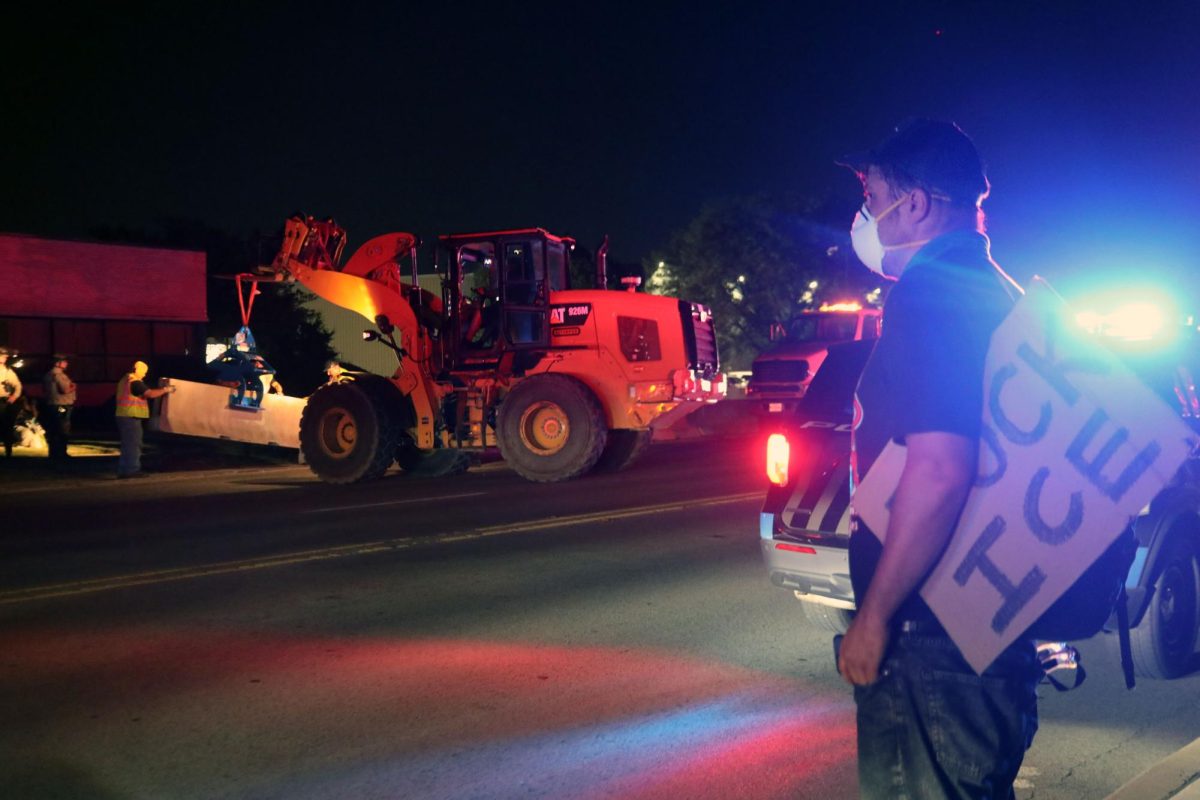
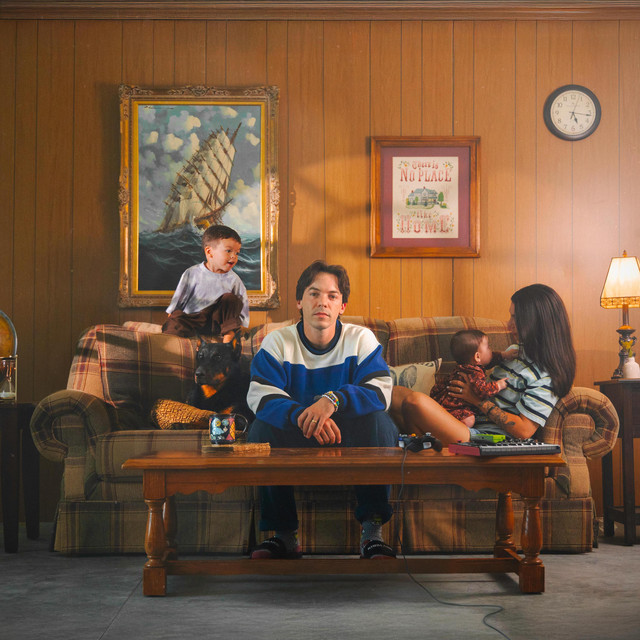

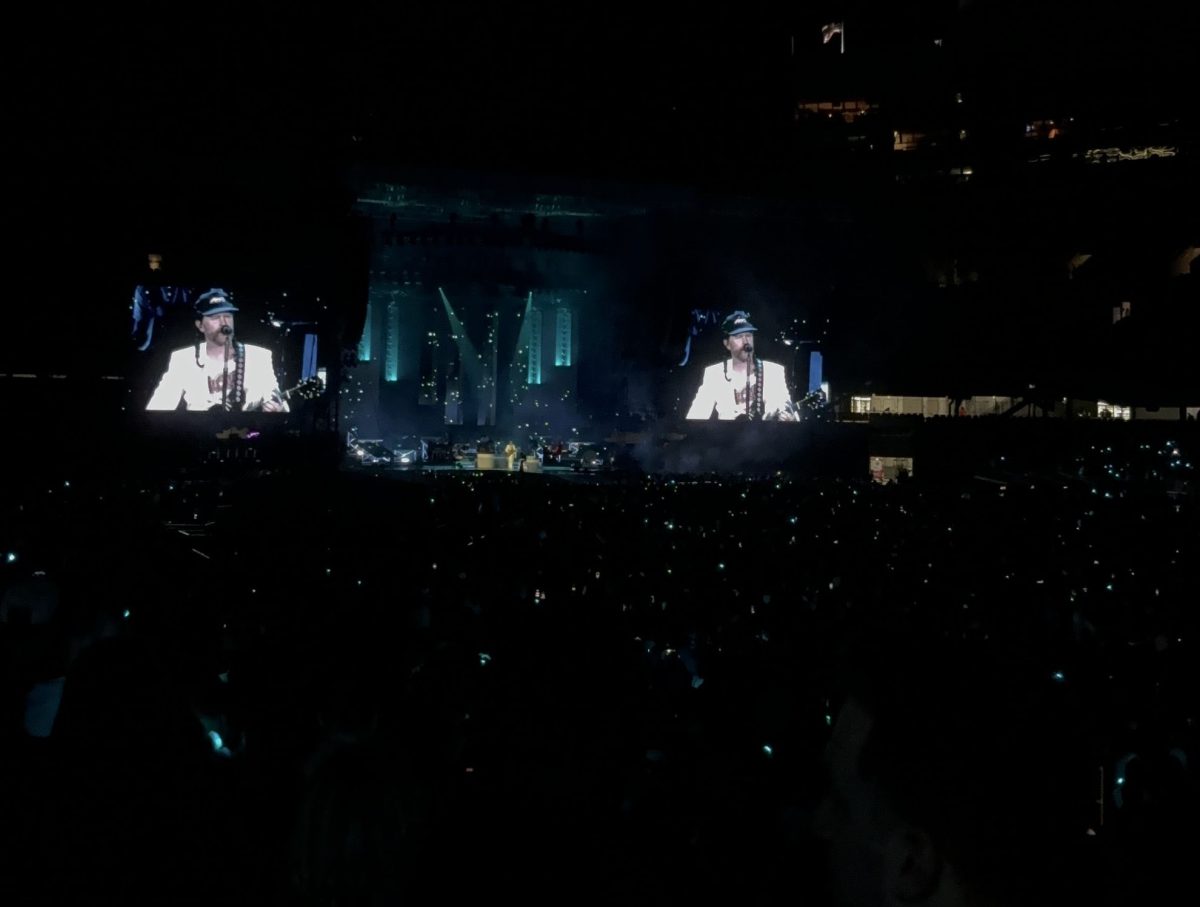



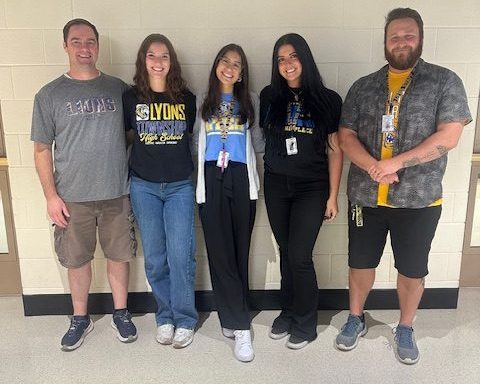
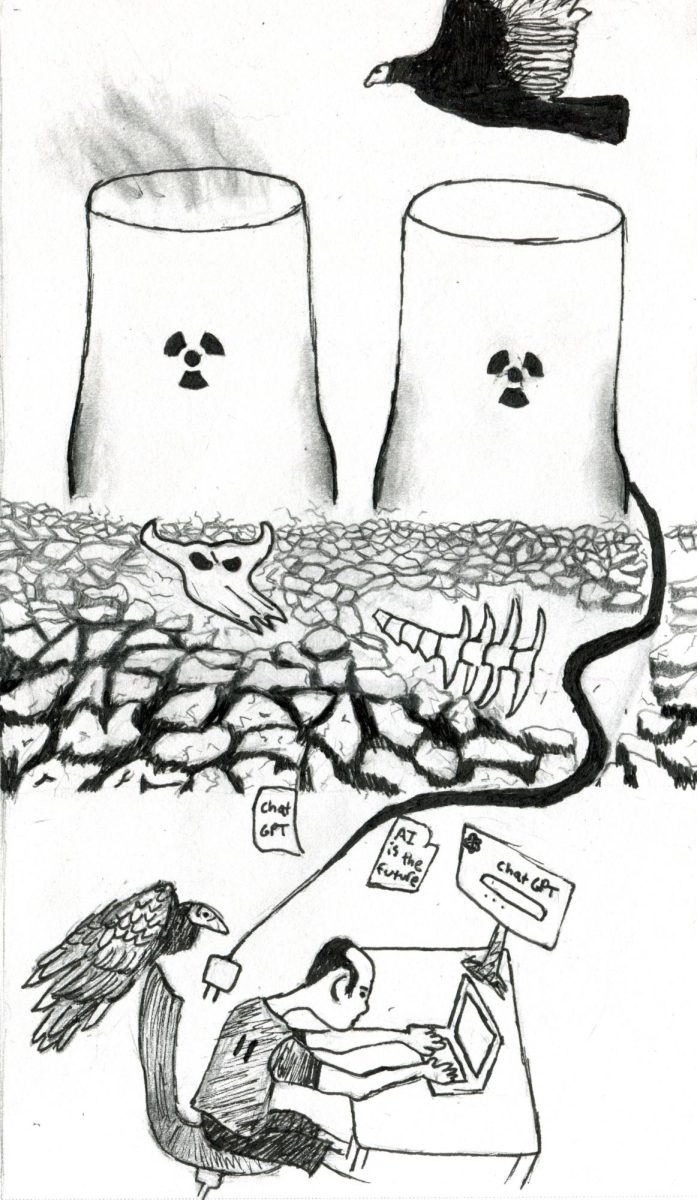
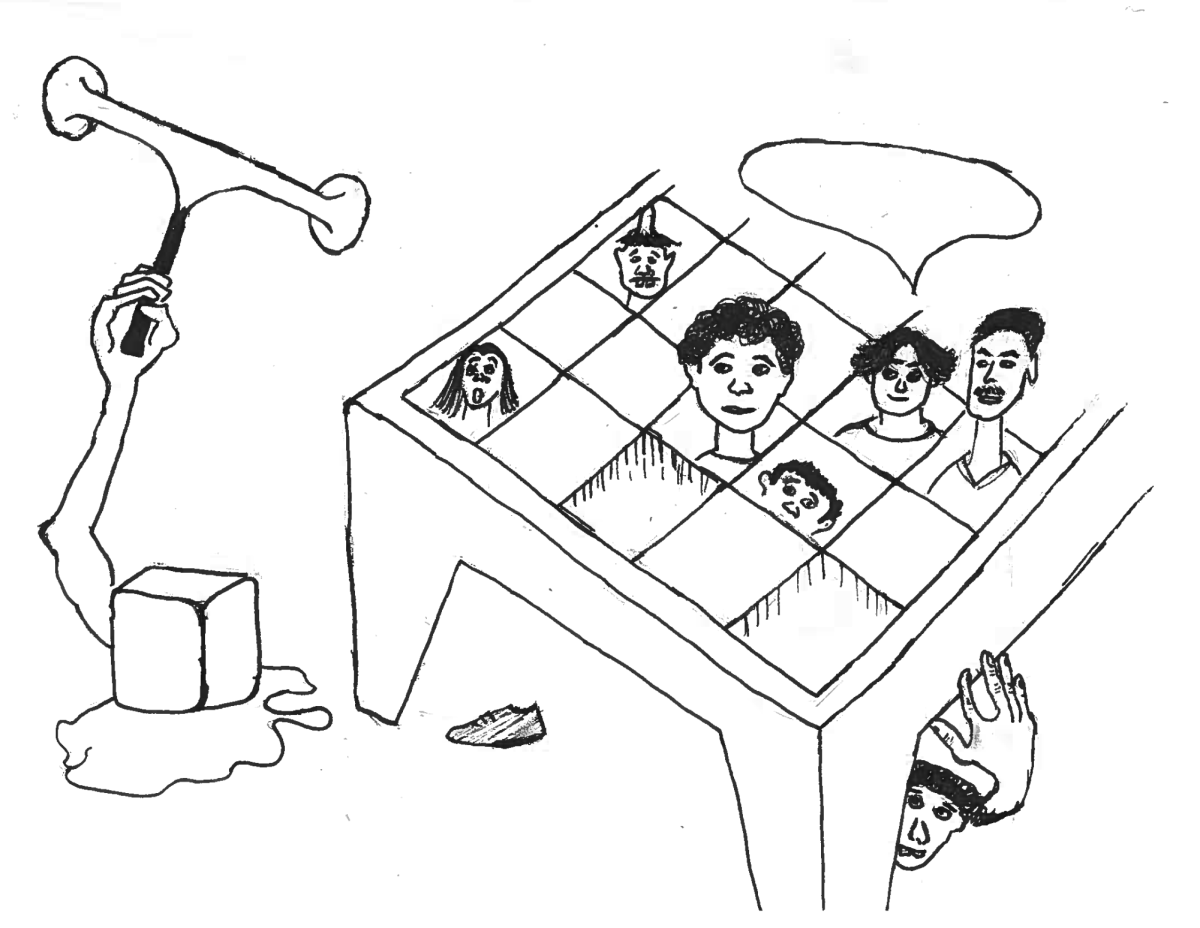





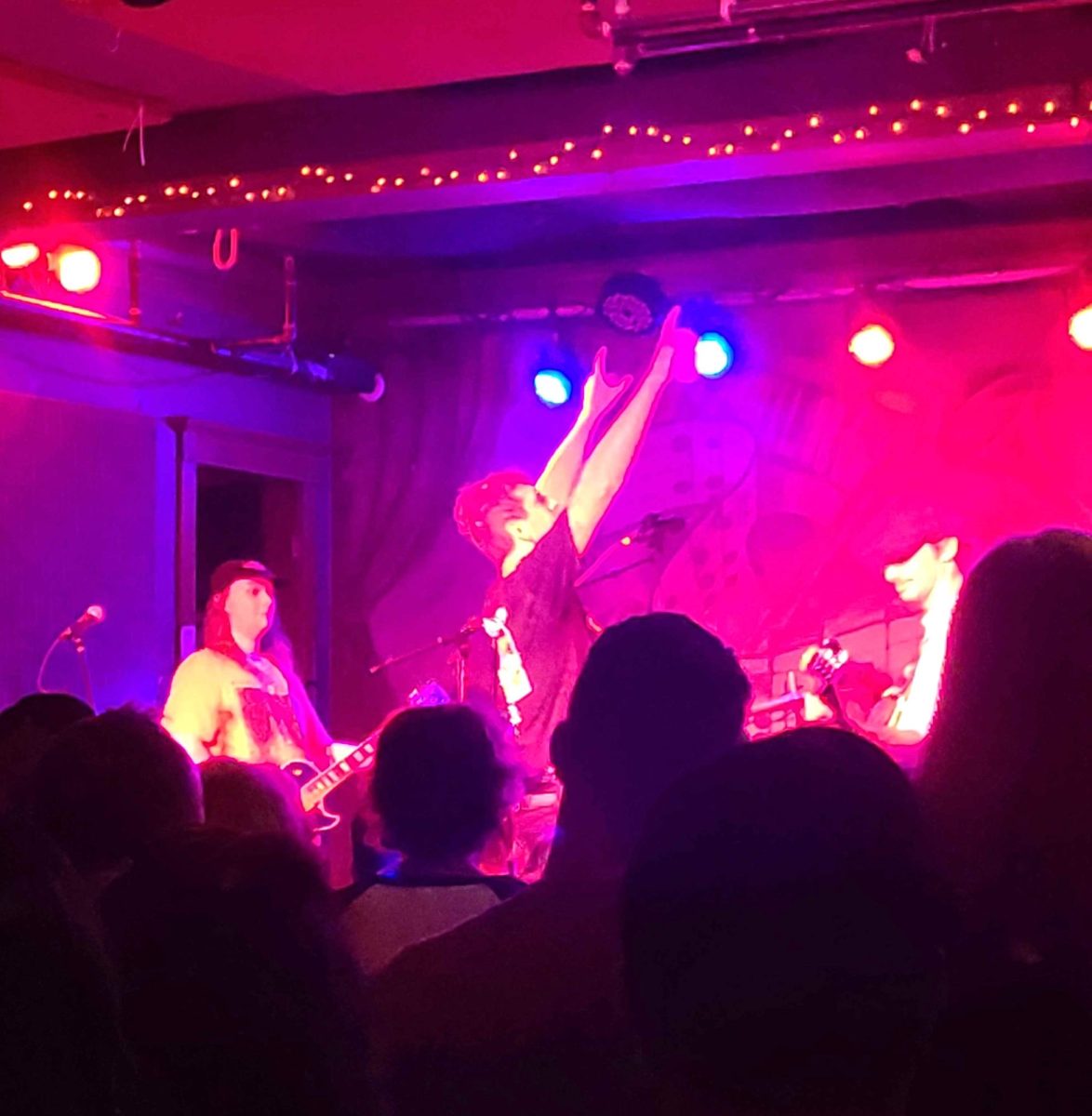

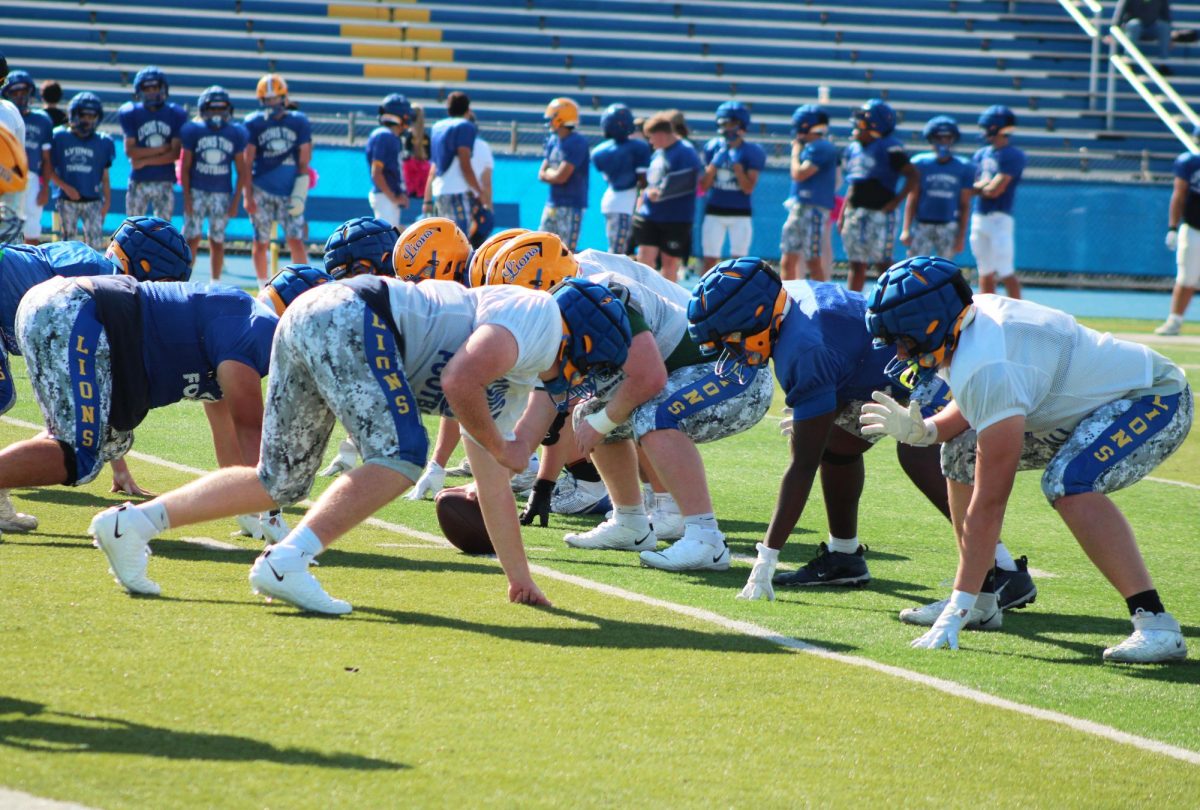




![Movie poster for '[Rec]" (2007).](https://www.lionnewspaper.com/wp-content/uploads/2023/04/rec-640x900.jpg)


